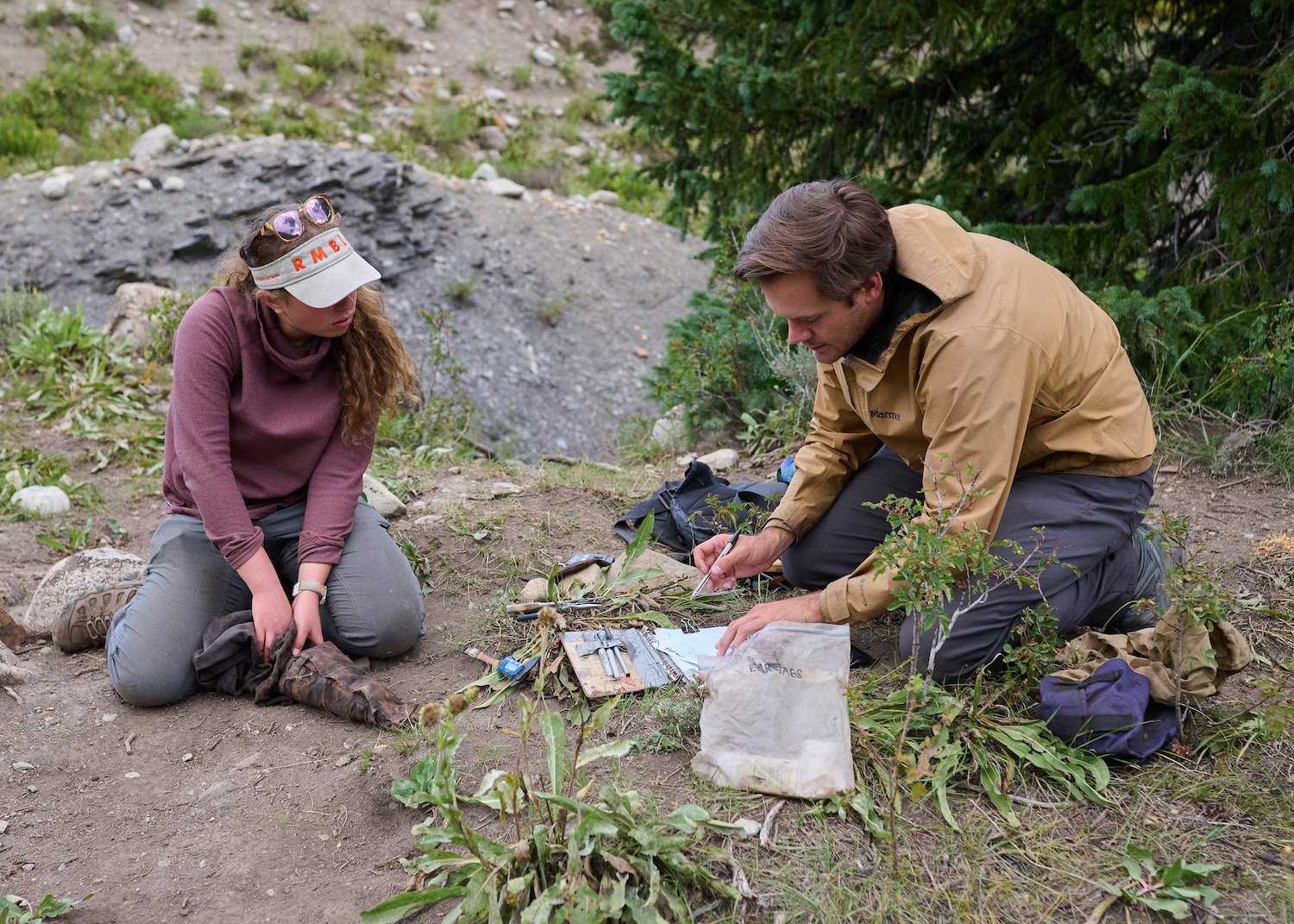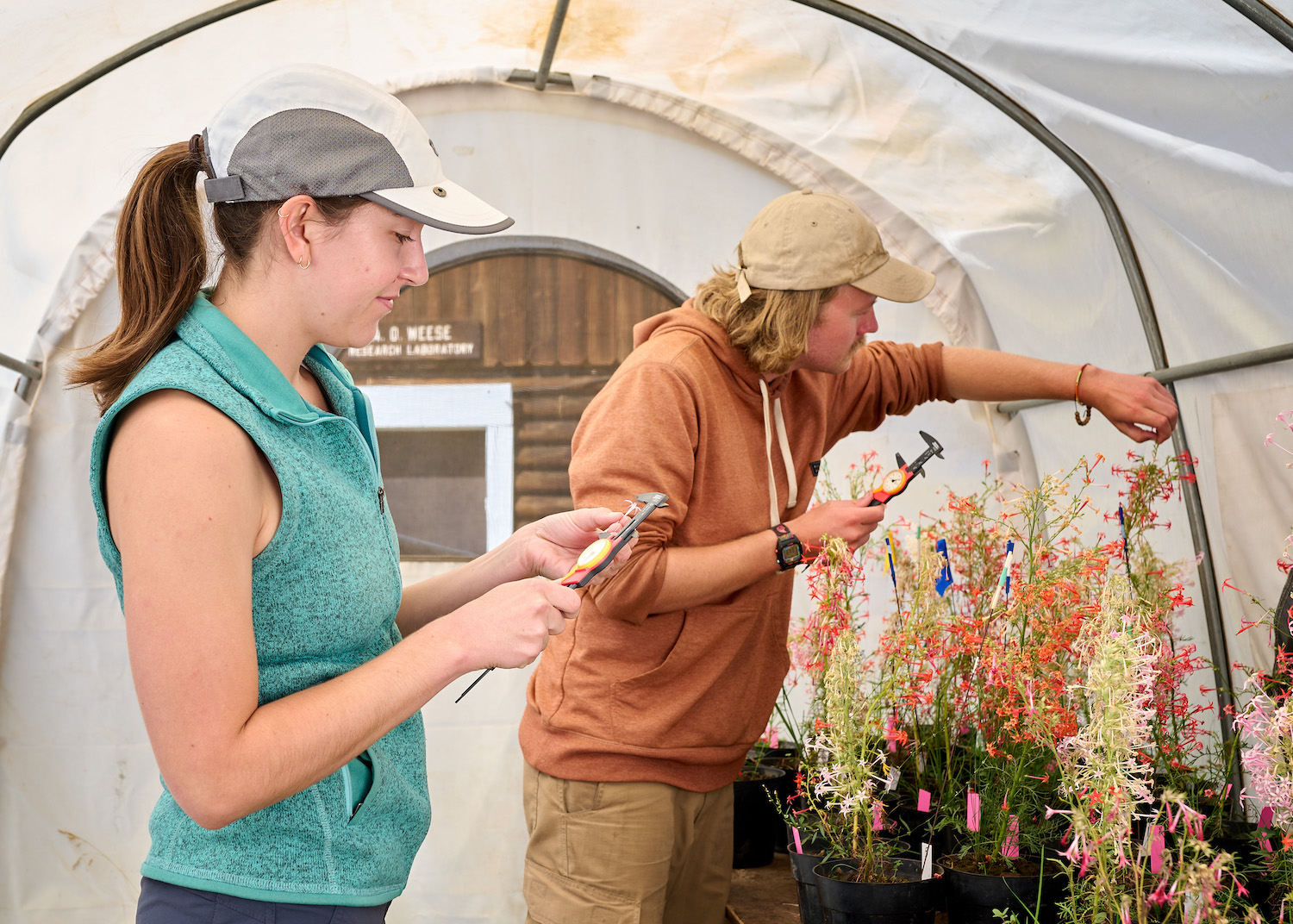North of Crested Butte, Colorado sits Gothic, an abandoned silver mining town established in the 1870s. The unincorporated town is the only outpost of civilization in the valleys and mountains between Crested Butte and Aspen. When silver ran thin and miners deserted the area, the biologically diverse valley turned out to be rich in far more than minerals. Now, Gothic is home to one of the most prolific environmental research stations in the world: the Rocky Mountain Biological Laboratory (RMBL).
Since it was established in 1928, more than 9,000 scientists, students, and staff have worked, lived, and studied at RMBL. At least 200 researchers call the valley home each summer, and more than two thousand papers have been published on everything from marmots to pollinators to biodiversity.


Images: Dave Basden
It’s one of the most diverse alpine regions in the world, covering multiple ecological biozones within a relatively small geographic area. It’s an ideal location for studying pollination networks due to its wildflower diversity, plus it’s home to the second longest—but the longest continuous—living mammal study in the world, surpassed only by Jane Goodall’s research with chimps. The mammal in question in Colorado, however, is marmots.
Studies on behavior patterns of this important indicator species started in 1962 and because they’re such highly studied creatures, their behavior can be used to track changes in the environment. For example, explains John Hausdoerffer, director of scientific communications at RMBL, marmots that continuously emerge earlier in the spring and migrate higher up the mountain provide evidence of rising overall temperatures.
Plus, “Biological processes are the same everywhere, so what we’re learning can be applied to…
Read the full article here

